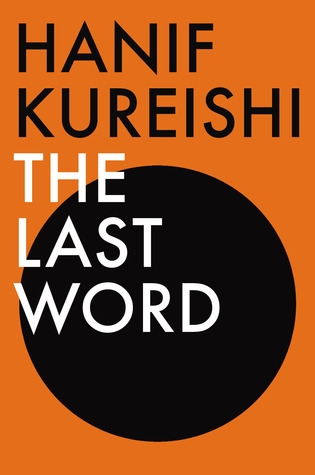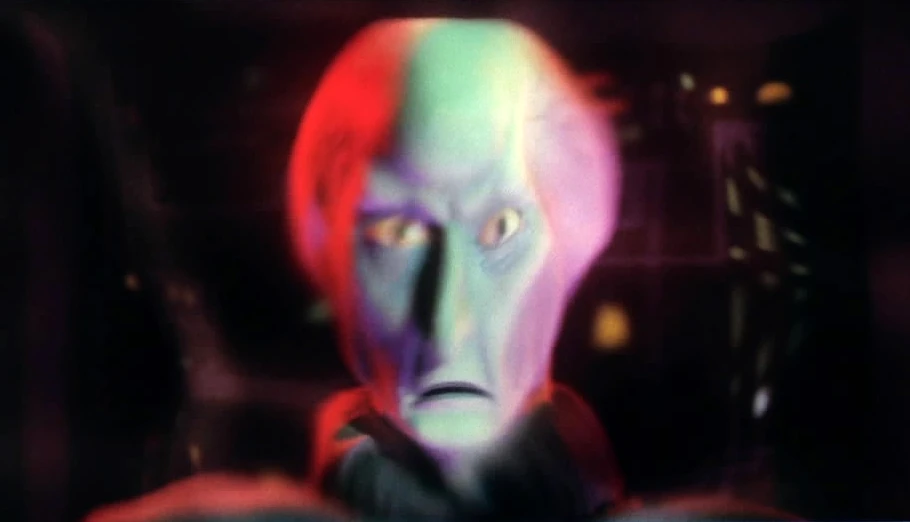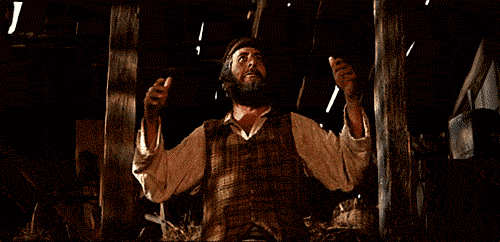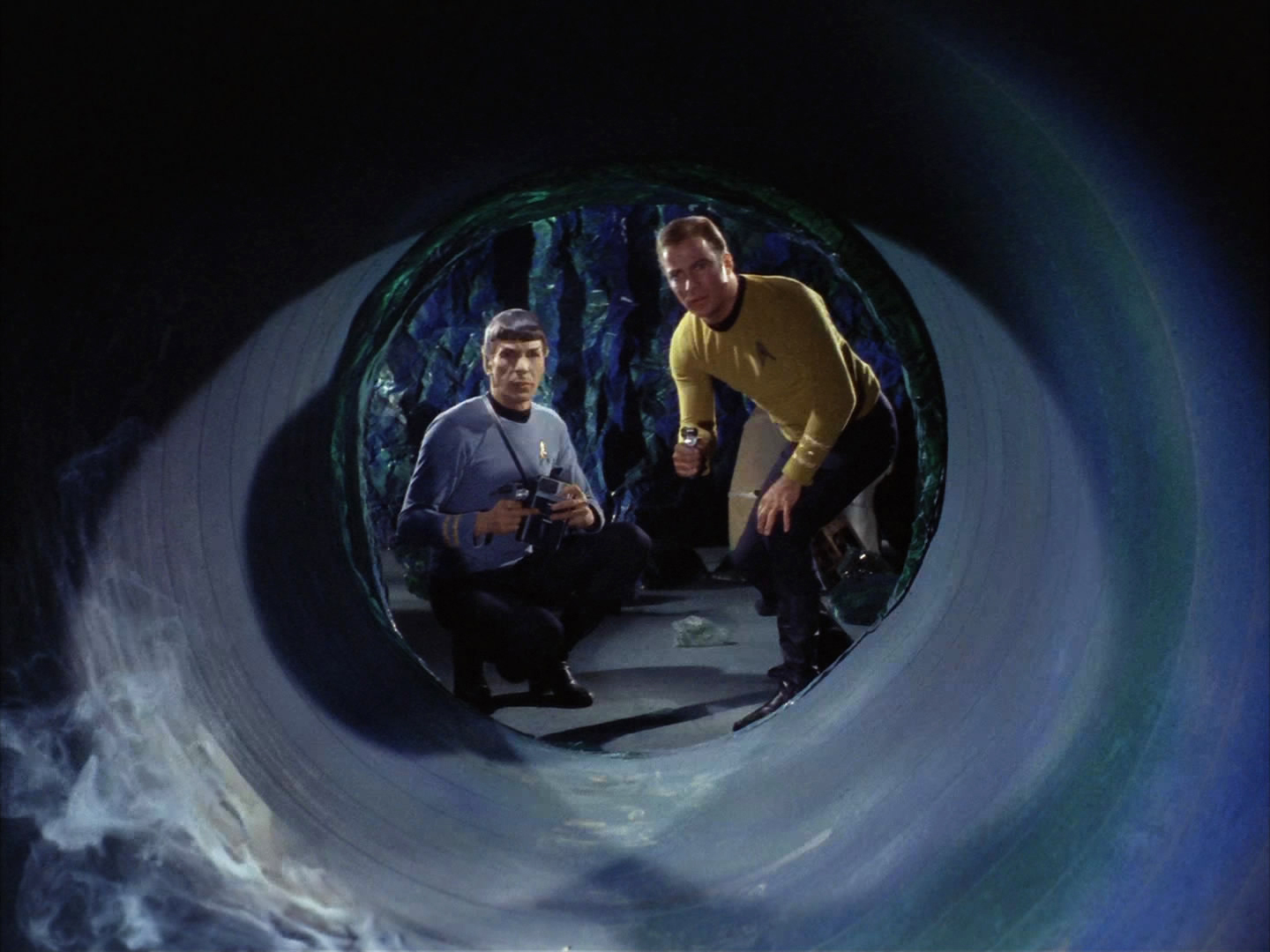 |
| Courtesy Goodreads |
Hanif Kureishi is not on the TIME Top 100 Novels of the 20th century list; he is an addition that I made because I wanted more diversity in the list. Someone in a 101 in 1001 group I'm in suggested The Buddha of Suburbia and I added that, then realized the only copy in the entire Stockholm library system was out, and then overdue, and then LONG overdue. But browsing the world literature section at Kulturhuset, I saw that they had plenty of other Kureishi books. The Last Word seemed the most interesting, and so far as I'm concerned it counts towards my list.
The Last Word was easy to read, and surface-level interesting. It focuses on an up-and-coming writer who is working a biography of an elderly British Indian author (Mamoon) but having a difficult time doing so—his publisher wants lurid sexy details, Mamoon's wife wants him painted in the best possible light, etc. The surface-level interest is: will Harry (up-and-coming writer) finish the biography or not? How will it turn out?
The language is light and easy; even though the dialogue is comically overwrought, it flows, and it does well exactly what John Green does poorly (HEY-OH): managing to be pretentious and heavy-handed without being annoying. Maybe that worked because there was an overall comic, even farcical tone about the whole thing, whereas The Fault in Our Stars was trying so hard to be serious and gut-wrenching.
Speaking of farce, the style of humor makes The Last Word feel anachronistic, or like a throwback. There are a handful of contemporary references to things like cell phones and video games, but you could take them all out and, with only a very minor rewrite for one scene (Harry gets his girlfriend to record Mamoon admitting to some scandalous things), the story would remain unchanged. The Last Word shares more in common with Lucky Jim than, say, White Teeth, and that felt weird for a book that was published only last year.
Because the story is largely farcical, the characters are all stock, trope, and stereotype instead of detailed or well-developed. We have: a writer in the decline of his greatness who also happens to be a grumpy old man (Mamoon); a hysterical wife hungry for her youth and "the good life"; the vapid girlfriend who can't stop buying new clothes; the drug- and pill-addled manic editor/boss who is successful despite (or because of?) a serious substance abuse problem to whose whims Harry must always cater, and Harry the ladykiller.
As the book continued I thought, "Is this about V. S. Naipaul? Is it? I really want it to be." Because everyone being awful includes, of course, Mamoon. As things pieced together (overbearing dad, violence and grossness towards women, rightwing douchery), I thought, "This has to be Naipaul!" I'm one of many who have noticed the connection, and this pleases me, because Naipaul is a shit writer and an even shittier person. The more people taking the piss out of him, the better.
It is also an extremely British book. Unsurprising, since Kureishi is British, born and raised, but there's nothing about the whole British Indian experience. Of course, Kureishi is allowed to write about whatever he likes, instead of what I expect/want out of writers of color; moreover, he seems to have done the standard "minority experience" novel with The Buddha of Suburbia, anyway, so it's still staying on my list.
Otherwise, The Last Word is not an amazing or life-shattering read. I guess it's impressive that despite not liking any of the characters I still wanted to know how things turned out for them, but maybe that's a result of the headspace I'm in at the moment: thirsty to read anything in English. This is my first English read since July. The rest have been Swedish literature, but once in a while you need something in your own native language to take the edge off. (At least until your Swedish gets better.)




























_cast.jpg)